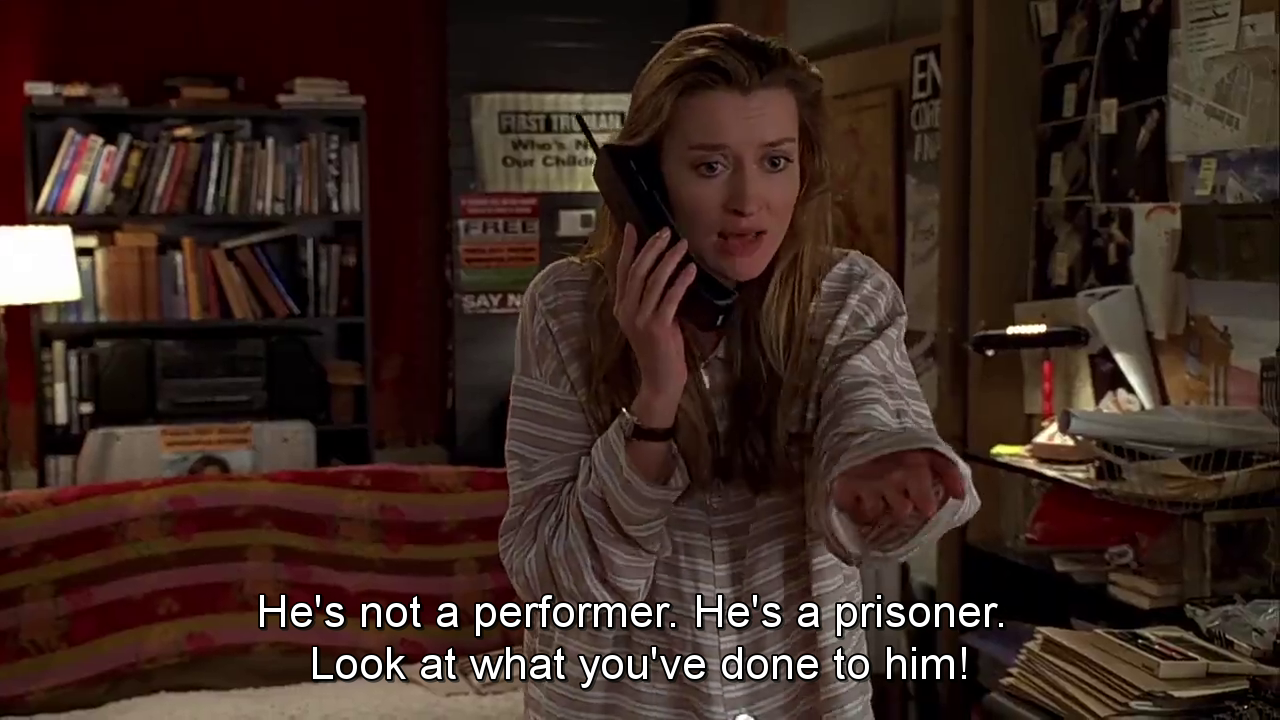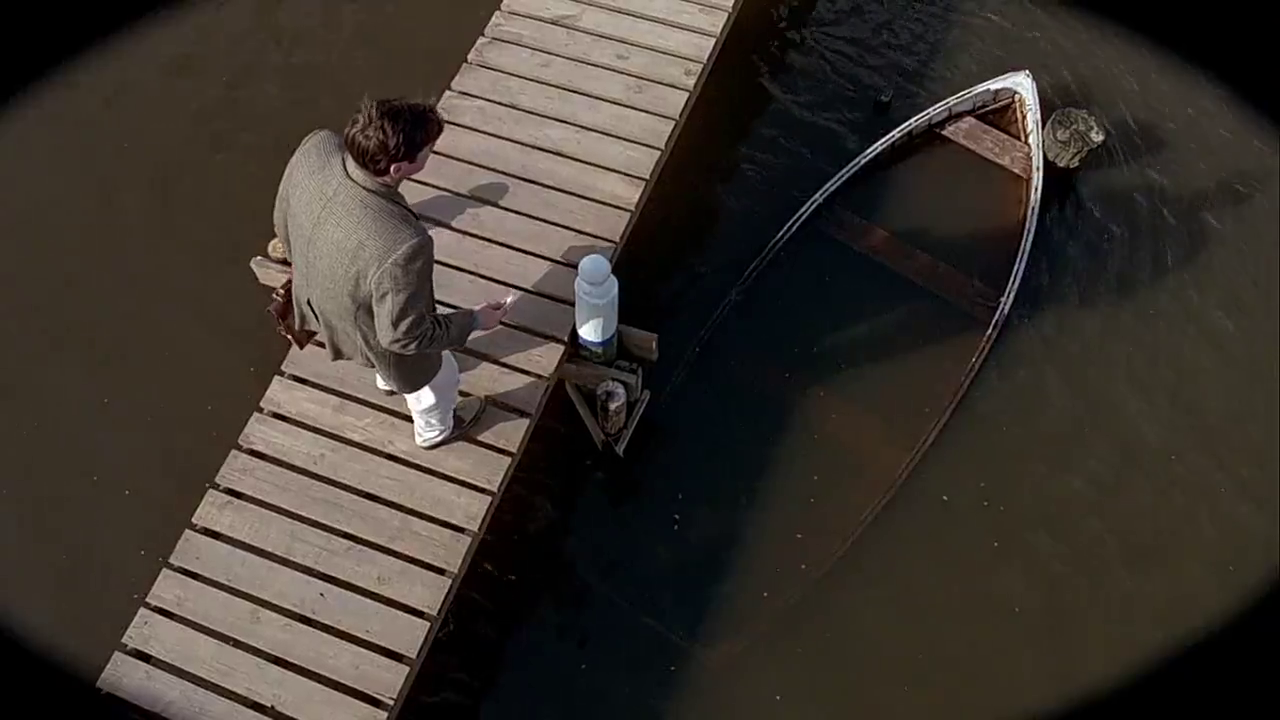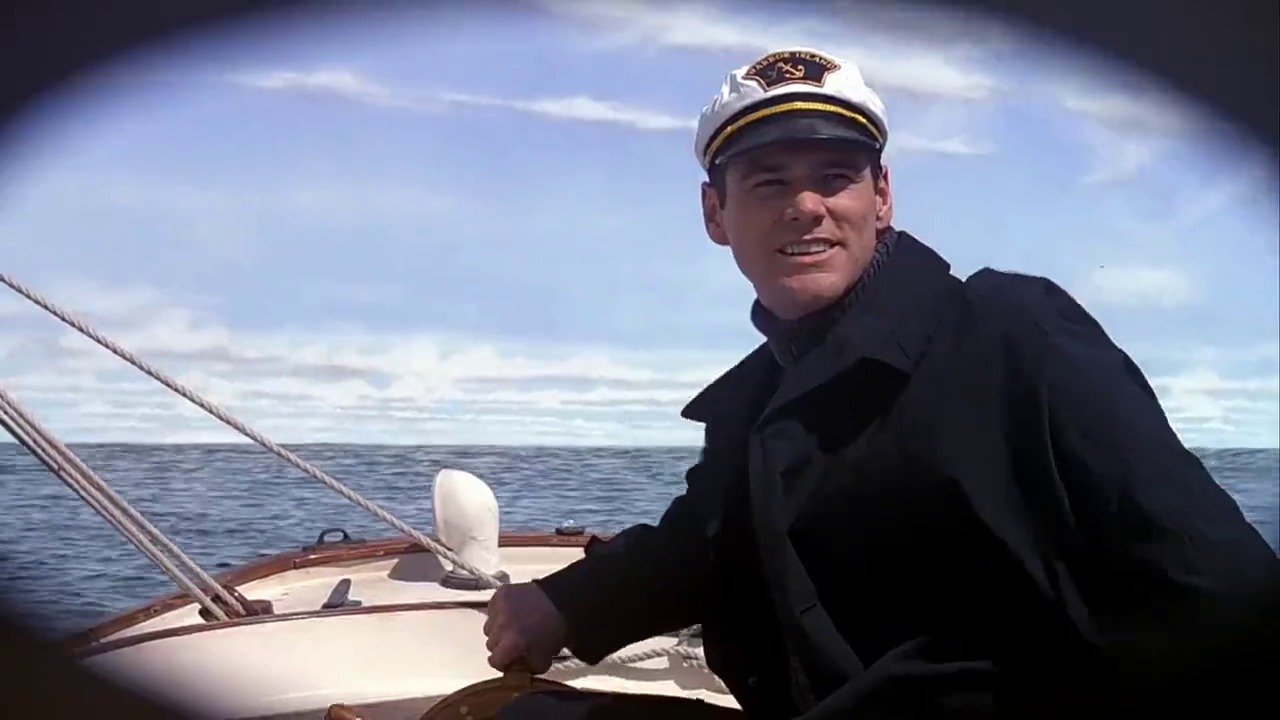I totally get it. I get why you want to write. I should, because I have probably felt the same way once too.
There was a time where it was all about my own personal creativity. I wrote and told stories because I simply loved diving deeper into my subconscious and picking out the bits and pieces that I believed were unique and interesting. It felt like playing god in a world that was my own creation.
But slowly, little by little, as I read and studied the craft of writing and storytelling, I began to think clearly about what makes a story resonate with its audience.
Here’s what I realized…
IT’S MORE INTENTIONAL THAN YOU THINK
When was the last time you heard someone say something like…
“You just create interesting characters, and them let them loose in the world you created for them.”
I used to believe that too, until I discovered that one of the things that actually made character interesting in the first place, wasn’t just their background, their weird way of dressing, or their perky attitude. More than that, it was what these characters did when they faced adversity. When the world around them seems to be crumbling, how do they react? How do they respond? Do they crumble as well? Or do they rise to the occasion and do something heroic for once?
That’s where The Truman Show comes in.
The thing I love about this movie is that it doubles as an entertaining film, and as a parable of Story and Storytelling. It’s metafiction. It’s an exploration of character and character motivations, and gives us a subtle hint on what makes for good storytelling. You’d have to read between the lines to actually figure out what makes it so good.
Because here is a movie where the quote above is followed to the letter. Christof, the creator and producer of the show has created a world built specifically around Truman, and he just lets his character run around in it.
And if you were to think about it, as in really think about it, Truman isn’t really a very compelling character. He’s quirky, sure, but does that make him someone you’d want to walk up to at a party and talk to? Not necessarily.
Rather, what makes Truman an interesting character is…
- The situation and crises he finds himself in. And…
- How he responds to that situation and crises.
So now let’s break it down for you, shall we. [SPOILER ALERT]
HOW DOES TRUMAN’S ENVIRONMENT MAKE HIM A COMPELLING CHARACTER
The brilliance of Truman’s situation in the entire movie comes from a conflict between…
- What Truman wants, and
- What Christof wants
There’s a clash between the deepest desires of these two characters that comes to an inevitable confrontation at the end of the movie.
- What Truman wants, more than anything, is to travel and see the world.
- What Christof wants, more than anything, is to keep Truman trapped in the world he created for him.
Instantly, there’s a tension there that’s more than just about creating interesting characters and letting them loose. The conflict here is intentional. It’s NOT random. It was manufactured specifically by the writer and director so that Truman and Christof would clash.
Truman would do anything to get away from that tiny little island.
But again, director Peter Weir doesn’t leave it at that. No.
He adds another element to the mix: Truman’s fear of drowning.
We discover early on in the movie that Truman was deeply traumatized by the fact that his dad drowned while they were out at sea. This incident in Truman’s life was manufactured by Christof specifically to address the fact that for the longest time, Truman dreamed of becoming an explorer. Therefore, he had to do something to keep Truman from leaving the studio.
This, again, isn’t random. It’s intentional in the part of the writer and director.
It’s there to add tension. It’s there to sprinkle in a little bit of suspense.
Will Truman be able to conquer his fear, and leave the island, or will he (like most of us) give into his fear and remain where it’s safe and comfortable?
Because what really builds up the tension in the entire movie, then, is the fact that little by little, Truman is discovering that the world around him might be… just might be… counterfeit.
 Past the halfway mark, Christof—in an interview—has a little debate with Sylvia about what’s right for Truman. He defends his actions of taking a baby and placing him as the star of a television show by saying…
Past the halfway mark, Christof—in an interview—has a little debate with Sylvia about what’s right for Truman. He defends his actions of taking a baby and placing him as the star of a television show by saying…
“He could leave at anytime. If his was more than just a vague ambition. If he was absolutely determined to discover the truth, there’s no way we could prevent him. I think what distresses you, really, caller, is that ultimately Truman prefers his cell, as you call it.”
It’s actually in this scene that the stakes are laid bare for the audience. Now, the audience knows exactly what Truman needs to do in order to leave.
He has to really, truly want it. Want it enough that no one and nothing on Seahaven could ever stop him.
This is the second part of the formula that adds to the magic of creating compelling characters.
HOW TRUMAN’S CHOICES MAKE HIM A COMPELLING CHARACTER
Throughout the movie, we’ve seen Truman deal—somewh
at—with his fear of drowning, and his fear of the water. The very first time he tries to leave because of an opportunity of making a sale, he sees a half-sunken boat at the pier and gets nauseous (this is his INTERNAL conflict).
 He tries to leave again a couple more times, but in these instances, he’s prevented by the studio (this is EXTERNAL conflict). He
He tries to leave again a couple more times, but in these instances, he’s prevented by the studio (this is EXTERNAL conflict). He
tries to get on a plane, and there’s apparently no vacancies. He tries the bus, but the driver is just an actor and ends up breaking it. Here we see a bit of his determination, and how it’s thwarted by external forces, forces that are beyond his control.
The next time he tries to leave, it’s with his wife Meryl. When he arrives at the bridge connecting Seahaven to the rest of the world, he suddenly hesitates. He has yet to overcome his fear, so he lets Meryl take the wheel. So in this scene, he has yet to do anything heroic or out of character.
 However, the great thing about all these scenes is that they build an expectation for the audience for the movie’s climax. We expect that either Truman will be stopped, or that Truman will go back to doing what he’s always done before.
However, the great thing about all these scenes is that they build an expectation for the audience for the movie’s climax. We expect that either Truman will be stopped, or that Truman will go back to doing what he’s always done before.
The great thing about all these scenes is that in every single one of them, Truman has to deal with not just his internal conflict, but his external conflict as well. The simple combination of these two is what generates suspense.
So when Truman finally gets himself out to sea, we, the audience, see true courage in what he’s just accomplished. He’s finally faced his fear of the water. He’s decided that his dreams are more important than his fears.
 Of course, Christof doesn’t let him off that easy. He triggers a storm similar to the one that drowned his father. Christof then starts shooting lightning at Truman’s boat, sending the poor man overboard. Christof then increases the wind and nearly drowns Truman.
Of course, Christof doesn’t let him off that easy. He triggers a storm similar to the one that drowned his father. Christof then starts shooting lightning at Truman’s boat, sending the poor man overboard. Christof then increases the wind and nearly drowns Truman.
In the face of all this, Truman yells out, “Is that the best you can do? You
’re going to have to kill me!”
From someone who, for the majority of the film, has been mostly talk, Truman suddenly becomes a man of action. His dream is no longer just a vague ambition. He seriously wants this.
From someone who has been terrified of the water, Truman transforms into a man with great courage.
This is why this specific scene is the climax of the movie. It’s in this scene that Truman forgoes who he once was, and becomes one that is greater, stronger than his former self.
If Truman and Christof’s desire didn’t clash, we’d never have a nerve-wracking scene like this. If Truman wasn’t afraid of the water, this scene wouldn’t be as tense or compelling.
It’s these elements—the conflict between the antagonist, his fears, and his desires—that make Truman a compelling character. As himself, Truman just isn’t compelling eno
ugh. He’d be just like the rest of us.
It’s not Truman, the character, that’s compelling.
It’s the choices Truman makes in spite of the overwhelming odds that does.
It’s how Truman responds to both his INTERNAL (fear of the water) and EXTERNAL (Christof and the studio) conflict that makes his story an interesting one.
CONCLUSION
While contrasting details of character can make them superficially interesting, these tiny details aren’t what make readers and viewers stay for the rest of your story. You can have a hitman that drinks milk and meticulously cares for his fern (Leon, the Professional), but those details can only get you so far.
Good storytelling is all about conflict. So in your current work in progress make sure that you have…
1. INTERNAL CONFLICT - What is your character’s biggest desire? What is his greatest fear? Does his fear keep him from obtaining that desire?
2. EXTERNAL CONFLICT - What external forces prevent your character from realizing his goals? Ramp them up. Make them mightier than he ever could be, so much so that it will take tremendous courage and strength for him to overcome those obstacles. Make these forces specific to your character. Make them precise. Do that, and you have yourself a story that will glue your readers to every page.
